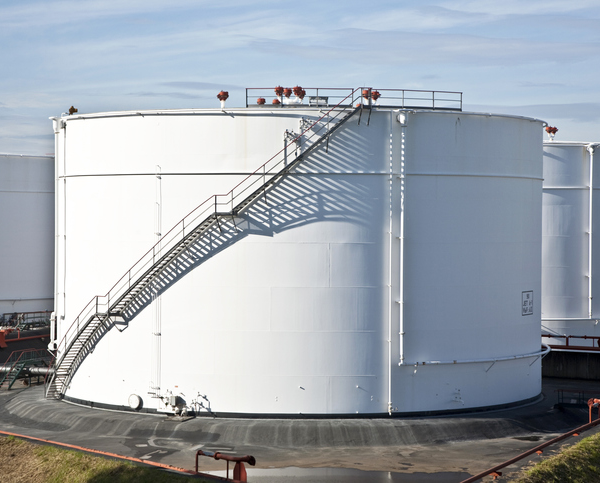California Gas Prices Blow Through Five Dollars
March 9, 2022 By Leigh Noda While the national average for regular gasoline today, March 9th, is $4.25 per gallon, California’s average price is much higher at $5.57 per gallon according to AAA. Just last week, California’s average unleaded regular gasoline price exceed $5 per gallon for the first time ever. While a good portion of the increase in gasoline...
Read More

